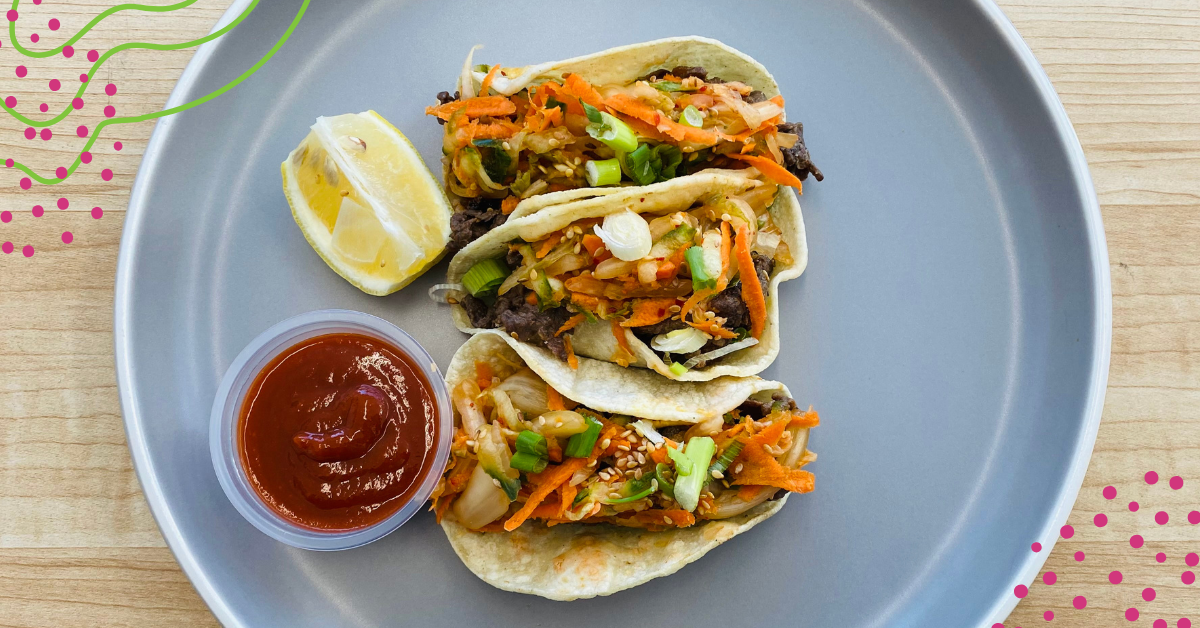You have a finite amount of willpower that you can pull from each day. Once that pool becomes depleted, making decisions becomes difficult. This has nothing to do with any weakness or personal flaw on your part. It’s simply how the human brain works. The phenomenon is known as decision fatigue. What you may not realize is that it’s impacting more of your habits than you think.
The Tricky Thing About Decision Fatigue
Decision fatigue is not the same thing as regular physical or mental fatigue. You don’t necessarily know that you’re “spent” when it creeps in. For each decision that your brain makes, the next decision becomes even more challenging. Our brains are smart enough to look for shortcuts that will spare us from having to make one more decision. In most cases, this means avoiding any activity that requires us to make more choices. In cases where we have to make more choices, our brain will do one of two things. The first is to simply follow whatever suggestion we receive. The second is to resist any changes.

You’ve probably already experienced decision fatigue, even if you weren’t aware of what was taking place at the time. Picture the way you feel at the end of a long week. After slaying all the dragons in your work life and personal orbit, you walk into your kitchen with the intention of cooking yourself a dinner that you can drag over to the television to unwind. However, you suddenly find yourself staring listlessly into your pantry or fridge. You can no longer differentiate between chick-pea pasta on your middle shelf, and the Snickers bar tucked away on the bottom shelf in terms of which one is a healthy, suitable dinner. Should you turn the burner on to boil some water? Would it be better if you washed some broccoli for extra nutrition? Of course, that might not be enough protein to help you recover from a week that really knocked you down. You wish someone could just tell you what to eat at this point. Ultimately, you just end up eating the same frozen meal or peanut-butter sandwich that you settled for all of the other nights of the week. Yes, that’s decision fatigue.
Decision fatigue doesn’t just apply in mundane circumstances. It can have some very dire consequences for humans. Researchers have observed that “time of day” can impact whether or not prisoners who appear in front of judges are granted parole. In one instance, prisoners who appeared early in the morning were granted parole roughly 70 percent of the time. By contrast, those who appeared late in the day were granted parole less than 10 percent of the time. Following a day of hearing cases and consulting with experts, judges making parole decisions were simply burned out from making so many decisions.
The Decision-Willpower Connection
Decision fatigue goes deeper than just making it hard to make a choice. We lose our willpower when decision fatigue sets in. Yes, making a series of decisions actually makes it more difficult to resist our impulses. In one instance, researchers decided to use shoppers who were partaking in a going-out-of-business sale to observe the impact of decision fatigue on impulse control. The researchers polled shoppers on their opinions of various products. Time after time, they were asked to make judgments about one product versus another. Next, the shoppers were given a very classic self-control test. They were told to hold one hand in ice water for as long as possible. Shoppers who were asked to make decisions regarding products in rapid succession by the researchers were only able to hold their hands in water for an average of 28 seconds. Shoppers who had not participated in the rapid-fire questioning were able to average 67 seconds.
If you’re relating this experiment to your own life, some big bells might be going off. Decision fatigue may be preventing you from reaching the goals that you’re setting. What makes this especially tricky is that it’s all happening on a subconscious level.
How to Fight Back Against Decision Fatigue
Decision fatigue is something that happens naturally to everyone. While being aware of this tendency can help us to be more aware of the pitfalls of trying to make too many decisions in a short amount of time, it won’t necessarily shield us from the problem. The point isn’t to avoid decision fatigue in the moment. The point is actually to set up our lifestyles to protect us from the effects of decision fatigue. For many of us, that simply means planning choices in advance to stagger our decision-making responsibilities. We can make decisions when we are in an open, clear-headed state that will benefit us when we’re in the thick of decision fatigue. There are plenty of examples of people doing this in real life.
During the 2020 quarantines, various subscription services helped many people enjoy an elevated quality of life by providing the antidote to decision fatigue. More specifically, the rise of book-subscription services provided people with a way to unwind and relax without the stress of having to choose their own titles. Throughout 2020, Australia saw a year of record book sales as people subscribed to popular options like the Literati Book Club, WellRead, Bookabuy and Bionic Book Subscription. Using algorithms that predict personal reading preferences, these subscription services delivered curated picks that made lockdown a little brighter for Australians!

It might be surprising to hear that a book subscription could become a runaway hit in an age when anyone can download a book in seconds on Amazon. However, the availability of millions of titles at the click of a button from a platform like Amazon is precisely what makes a book subscription service so valuable. For many people, the limitlessness of Amazon’s selection brings on a serious case of decision fatigue because it’s impossible to know where to start. There is also the crippling fear of making the wrong decision. That causes many of us to simply decide that it’s not a good time to read a book. For others, we may simply click on a suggested title that ends up being a dud. When we hand the decision over to an expert literary curator, we get the excitement of being delivered a hand-selected gem while also delegating the task to someone else.
As one best-selling author recently discovered, the freeing aspect of subscription services doesn’t end with book subscriptions. Neil Strauss has made a living as a best-selling author and journalist. If you haven’t read his books, you may have spotted some of his articles in the New York Times and Rolling Stone. Strauss gained a lot of attention recently when he revealed that one of his secrets for being so productive in his career as a writer is to rely on food-delivery services for all of his meal prep. Far from being an extravagant choice, this is actually a way to eliminate the need to make tons of small decisions throughout the day that keep a busy professional like Strauss from focusing his full attention on his work.
In deciding to clear decisions from his plate, Strauss is tapping into some well-known research that confirms that the small decisions we make each day chip away at our cognitive ability. In studies, it has been shown countless times that asking people to make a series of “microdecisions” actually depletes their abilities to perform more complex tasks. For instance, people are more likely to give up on solving a complex puzzle if they’ve just finished grocery shopping because they used up their cognitive stores while making decisions in front of grocery shelves. When using mall shoppers as study participants, people who have spent more time shopping are more likely to give up on puzzles sooner.
Designing a Life That’s Resilient Against Decision Fatigue

There are things we can do to orient our lives to be more resistant to decision fatigue. The best way to protect your brain is to cut down on the number of decisions you have to make daily. A good routine can eliminate many of the unnecessary or frivolous decisions we make. Start by thinking about what your typical morning looks like. Do you start by opening up your favorite news website or social media feed? You’re already putting yourself in a position to decide what to click on. If you check email as soon as you open your eyes, you’re facing an onslaught of decisions that range from which email to open first to what to buy with the coupon you see in your inbox. That equals dozens of snap decisions being made all within moments of waking up! Next, your breakfast situation may be riddled with questions. Time spent staring into your cupboards is time spent with dozens of culinary scenarios running through your brain. If you head to a grocery store or restaurant to pick up breakfast, you’re walking straight into a battlefield of even more decisions. Repeat that for three meals a day and all of your snacks to see how much productivity you’re losing.
The key to shielding yourself from brain fatigue is automating as much of your routine as possible. For many people, that means having healthy meals delivered to their doors. In addition to insulating you from the stress of deciding what to eat in the moment, a pre-planned meal strategy also protects you from the possibility of making an impulsive decision that doesn’t align with your goals. Take some time to examine how decision fatigue may be robbing you of productivity while zapping your quality of life. For many people, decision fatigue is the silent, undiscovered saboteur in their lives that can be defeated with just a little bit of forethought.
References:
- https://www.youtube.com/watch?v=-iqiRCQWRmA&feature=youtu.be
- https://www.nytimes.com/2011/08/21/magazine/do-you-suffer-from-decision-fatigue.html
- https://www.health.com/mind-body/decision-fatigue
- https://www.theguardian.com/culture/2021/feb/15/handpicked-and-home-delivered-the-book-subscription-services-combating-decision-fatigue





